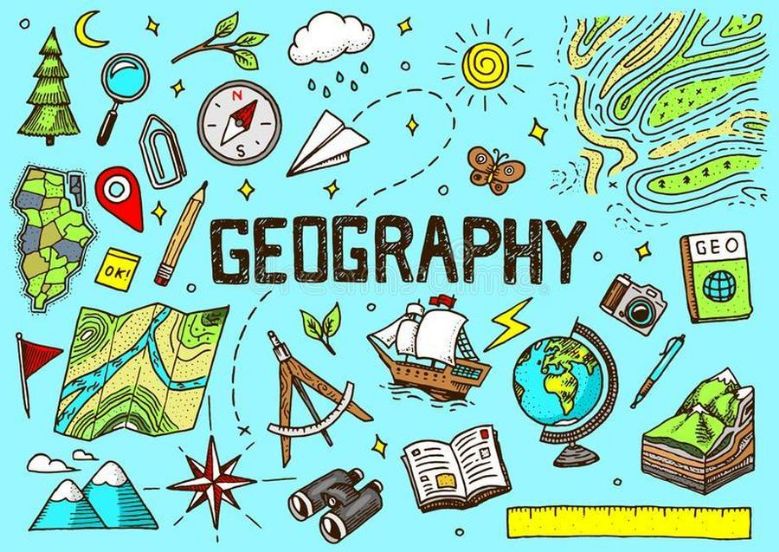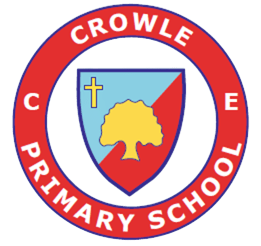Geography

"A high-quality geography education should inspire in pupils a curiosity and fascination about the world and
its people that will remain with them for the rest of their lives. Teaching should equip pupils with knowledge
about diverse places, people, resources and natural and human environments, together with a
deep understanding of the Earth’s key physical and human processes. " National Curriculum 2014
We plan Geography, based on the National Curriculum outcomes.
We have then looked at the knowledge, progression of skills and the key concepts that every child will need to know in order to prepare them for their next stage of education.
Using clear sequences of learning, lessons are planned to develop children's knowledge, skills and understanding in the subject. We also plan for the vocabulary that children will learn throughout a topic, and any cross curricular links that can be made.
These documents can be found at the bottom of the page.
Teachers have closely planned the Geography curriculum, against our topics. Whilst the knowledge within a topic may be similar for the older and younger children within a mixed aged class, the skill expectations will vary depending on the age of the children. For some subjects this may mean some children in the same class re doing very different things e.g in skill based subjects such as DT. However, for more knowledge based subjects such as Geography the topic material may be similar but the skill level will vary.
These are elements that can be found within our lessons (not always in this exact order):
Begin a lesson with a short review of previous learning.
Present new material in small steps with pupils practicing after each step.
Teacher gives clear and detailed instructions/explanations.
Ask questions and check for understanding.
Teacher thinks aloud and models steps.
Ask pupils to explain what they have learnt.
Check the responses of all students.
Provide systematic feedback and corrections.
If necessary, use more time to provide explanations.
Reteach material, if necessary.
Prepare students for independent practice.
Monitor students when they begin their independent task.
